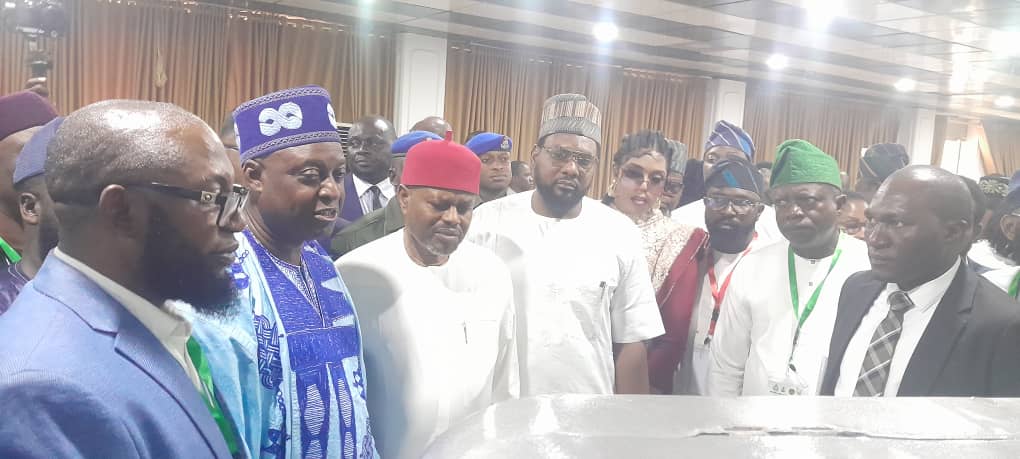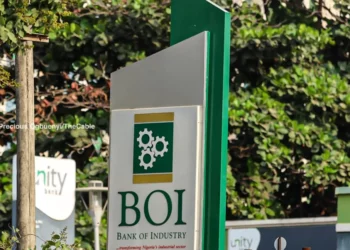Nigeria’s membership in the BRICS economic bloc will open unprecedented access to global markets for local innovators, the Director General of the National Board for Technology Incubation (NBTI), Kazeem Raji, said in Abuja.
Speaking at the National Showcase of the NextGen Innovation Challenge 2025, Raji said the BRICS platform—which includes Brazil, Russia, India, China, and South Africa—now offers Nigerian innovators direct exposure to over 40 percent of the world’s population and trillions of dollars in trade and investment opportunities.
“This is your passport to new partnerships, new funding channels, new export opportunities, and cutting-edge collaboration with fellow innovators across emerging economies,” Raji said.
He described the showcase as a “transformative platform” designed to highlight Nigeria’s most promising innovators and elevate homegrown solutions onto the global stage. The innovation challenge, managed by UKALD, attracted over 3,000 entries from the 36 states and the FCT, with 74 finalists emerging.
“Our theme: “Igniting Indigenous Ingenuity: Nigerian Solutions, Global Impact,” is more than a slogan. It is a bold declaration that Nigeria’s time to lead with innovation is now,” Raji said.
He praised the administration of President Bola Ahmed Tinubu for creating enabling policies such as the “Nigeria First” agenda, which prioritises local content, supports innovation-led development, and reinforces the country’s shift from consumption to production.
“Nigeria’s greatest resource is not beneath the ground—it is within our people,” Raji said. “You now operate in an ecosystem that is deliberately being shaped to favour you—with government support, development financing, and policy reforms aligned to empower indigenous thinkers, builders, innovators, and creators.”
Also speaking, minister of innovation, science, and technology, Uche Nnaji, called on the private sector and development partners to invest in Nigerian startups and innovators, whom he described as key to the country’s transformation.
“These young men and women don’t just have ideas—they have solutions, blueprints, and scalable products that can redefine industries and transform lives,” Nnaji said.
He said the federal government, under the Renewed Hope Agenda, is reforming Nigeria’s innovation ecosystem to reduce red tape, improve access to capital and mentorship, and facilitate idea-to-market transitions.
“Today, we are seeing the practical fruits of that vision,” the minister said. “From clean energy to agric-tech, fintech, edtech, AI, and deep-tech solutions, our young innovators are proving that Nigeria is not just consuming technology; we are creating it.”
At the recent 17th BRICS Summit in Rio de Janeiro, President Tinubu called for equity and inclusion for low-income and emerging economies in the global financial system, affirming Nigeria’s growing ambition to lead within multilateral platforms.





